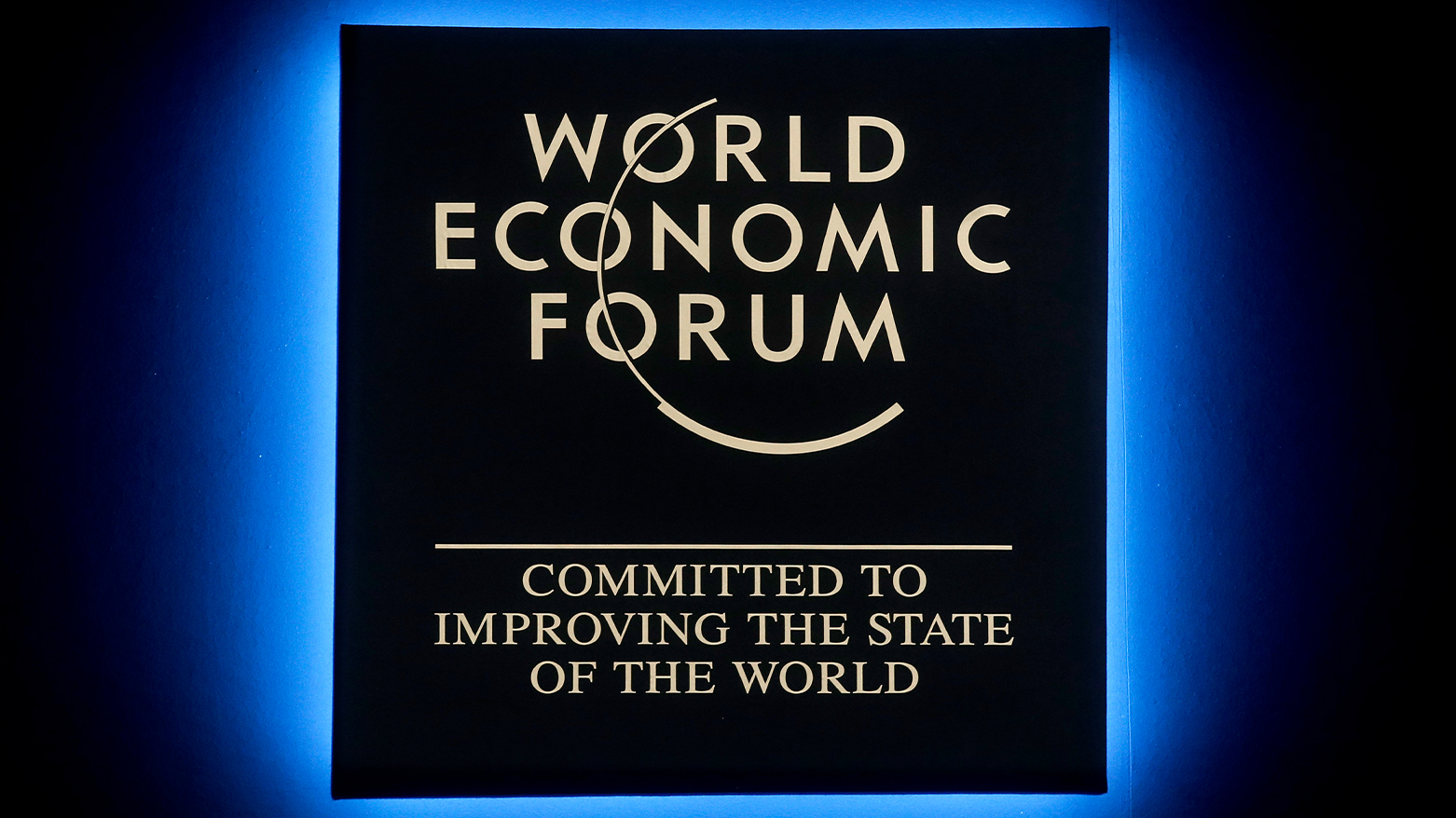Iraqi Prime Minister, US Secretary of State to attend World Economic Forum in Riyadh

ERBIL (Kurdistan24) – Iraqi Prime Minister Mohammed Shia al-Sudani and US Secretary of State Anthony Blinken are set to participate in the World Economic Forum in Riyadh, scheduled for Sunday.
The two-day conference, running from April 28 to 29, 2024, will see the gathering of over 1,000 officials, prominent figures, and business leaders, including foreign ministers from various countries.
According to Saudi media reports, the conference will host 1,000 leaders representing 92 nations, with over 20 foreign ministers in attendance. These reports also highlight the significant role of major business owners and investors participating in the forum, who are instrumental in shaping and supporting the restructuring of international economic and trade relations.
The forum aims to serve as a bridge between developed and emerging markets, focusing on three key principles: international cooperation and partnership, inclusive growth, and energy for growth and development.
Key topics on the agenda include addressing challenges related to inequality and energy access, as well as regional and global conflicts and tensions. The forum seeks to forge new partnerships and common development interests to overcome obstacles to economic progress.
Additionally, discussions will focus on the economic, political, and security impacts of the Gaza war on the Middle East and the broader international community.
Saudi Arabia's selection as the host country for the summit is attributed to its geopolitical significance as a key hub in the Middle East. Furthermore, the kingdom's reforms over the past eight years, which have resulted in a 50 percent increase in non-oil revenue, have positioned it as a driving force for economic and social development in the region.
